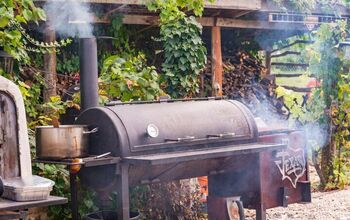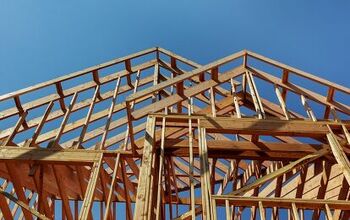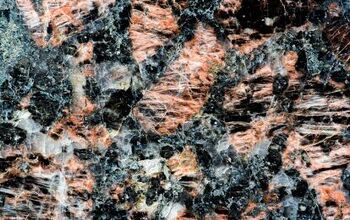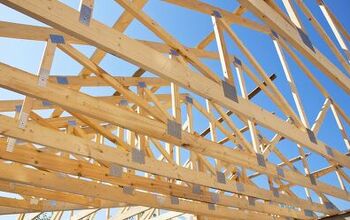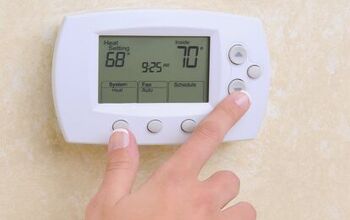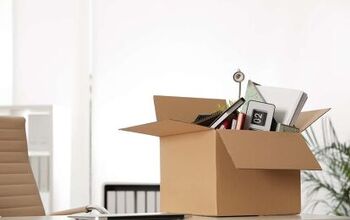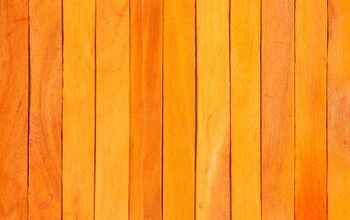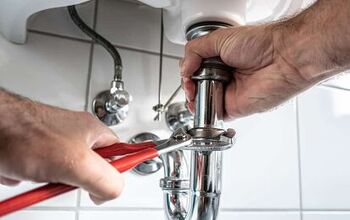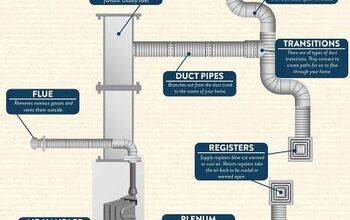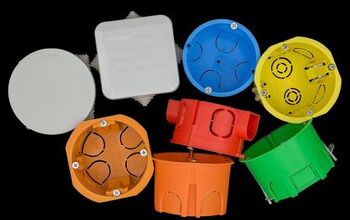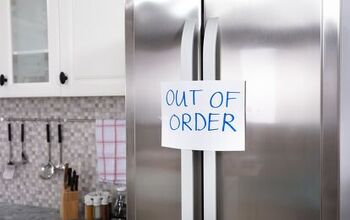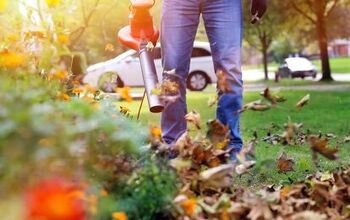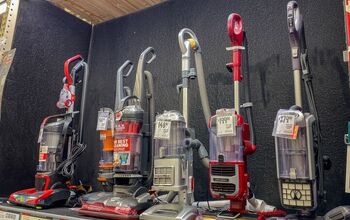16 Things You Shouldn’t Put In Your Compost

A compost pile is an incredible asset for your yard, especially if you like to garden. It provides vital nutrients to your plants without you having to use synthetic fertilizers. It is also environmentally friendly, as it reduces the amount of waste you add to landfills. While it’s great to reduce your waste and add more to your pile, there are some items you should never put in your compost.
Never add meat products including poultry or fish to your compost pile. You should also avoid putting in dairy products and whole eggs. Don’t add bread or other stale baked goods, as they can attract rodents and bad bacteria. Citrus peels should not be placed in your compost as they can alter the pH, and too many onion and garlic scraps can prevent worms from doing their job.
Many believe you can add anything natural to a compost pile. While in theory this is true, some items can cause harm to the pile, and render it unusable. If you want to use the contents of your pile to help your garden grow, then make sure you understand all the common items you should never add to your compost pile.
16 Items You Should Never Put In A Compost Pile
1. Dairy Products
Dairy products should never be added to your compost pile. For one, they tend to spoil and smell horrible after a while. This is particularly true when left outside in the sun. This scent can also attract animals.
Furthermore, dairy products tend to have a high fat content. This high fat content can slow the decomposition of your compost pile, and even create barriers that can reduce airflow and cause other problems.
2. Citrus Peels
You might think that all fruit and vegetable scraps are the ideal items to add to any compost pile. While this is true for many fruits and vegetables, you should avoid adding citrus, especially in excess.
The reason you shouldn’t add citrus has to do with its acidity. Citrus has a very high acidity, and while soil should be slightly acidic, citrus peels can significantly alter the pH of your compost. This can be damaging to your plants. Therefore, it’s best to compost your citrus in an area that won’t affect your plants.
3. Meat Products
Meat should also never be thrown into your compost pile. For one, meat will rot, and it will make your yard smell. It will also attract scavengers like raccoons, vultures, and even dangerous animals like coyotes that can attack your small dog.
Furthermore, most meat has a high fat content, which will slow down your compost pile. Since it adds no benefits to your compost, it’s best to leave it out.
4. Dog And Cat Waste
You might think that since cow manure makes good fertilizer, your dog waste will also. Unfortunately, this is not the case, and your dog and cat waste should be left out of your compost pile.
Dogs and cats don’t usually eat a vegetarian diet like cows. Therefore, their waste is full of items that do not help a compost pile. It can be tempting to toss dog poop in your compost pile, but resist this urge.
5. Cigarette Butts
Cigarettes are bad for your body and can cause irreversible damage. It should come as no surprise that these butts are also detrimental to a compost pile. Cigarette butts contain both tobacco and filters. The tobacco has harmful ingredients, as does the filter.
What's worse is that cigarette butts can take years to break down, and can continue to give off these harmful chemicals throughout this period.
6. Coated Food Packaging
Keep in mind that just because your produce is organic, it doesn't mean the packaging is. While egg cartons and uncoated cardboard can be added to a compost pile, you should avoid adding anything coated or glossy. Glosses and coating on packaging are almost always loaded with chemicals that can be harmful to your pristine compost.
7. Pesticide-Treated Grass Clippings
Grass clippings make great compost, but only if the grass is healthy and organic. If you recently treated your lawn with pesticides, weed killers, or other harmful chemicals, then you should not add it to your compost.
All these chemicals can find their way into your otherwise pristine compost pile. Only add healthy grass clippings to ensure your compost pile stays free of chemicals.
8. Glossy Paper
Paper is made from trees, so you would think it is safe to add to your compost pile. Natural recyclable paper is usually safe to add to a compost pile, but some paper should never be added.
Any glossy paper or paper with lots of ink should be recycled, and not added to a compost pile. Ink and gloss tend to have chemicals that take time to break down and are also harmful to your compost’s ecosystem.
9. Cooking Oil And Grease
Just as you shouldn’t pour oil or grease down the drain, you should also never add it to a compost pile. Not only can oil and grease attract pests and smell bad, but it can cover your healthy compost with oil.
This oil will block decomposition, airflow, and water. It can slow down the decomposition process significantly and offers no benefits.
10. Charcoal From Your Grill
While it is perfectly safe, and even beneficial, to add wood ashes to your compost pile, you should not add the remnants of charcoal from your grill. If you have ever smelled charcoal then, you know there is more than just coal in those black nuggets.
There are tons of chemicals in charcoal, and these chemicals can leach into your otherwise healthy soil. Find another way to dispose of your charcoal.
11. Whole Eggs
Egg shells are fantastic to add to a compost pile, as they are loaded with nutrients your plants need. Whole eggs, however, should not be added to your compost. Like other animal products, eggs can smell horrible after a while in a compost pile, and they can also attract rodents.
12. Treated Wood
Treated wood and sawdust might look organic, but it has very harmful chemicals, including poisons like arsenic. These toxins can make their way into your garden and can be particularly harmful to your vegetable garden. If you are uncertain if your wood or sawdust is treated or untreated, it’s best to leave it out of your compost.
13. Invasive Weeds
You can add weeds and plant trimmings to your compost, but be careful what types of plants you add to this nutrient-filled pile. If you have invasive weeds, you should not add them to your compost. This is especially true if they have gone to seed.
If your weeds have gone to seed, then they can spread quickly, and the nutrient-rich soil can cause them to multiply.
14. Excessive Amounts Of Onion And Garlic
Onion and garlic scraps are commonly found in compost piles. In small doses, these scraps are safe, but you should not add loads of onion or garlic remnants to your compost. Natural chemicals in onions and garlic can kill off many microorganisms vital to your compost and its soil.
15. Toxic Plants And Weeds From Your Garden
Remember that even natural plants can be harmful. Several plants are naturally toxic, including the black walnut tree and oleander. If you have a naturally toxic plant in your yard, keep it out of your compost pile, as it can release these toxins into the pile.
16. Stale Baked Goods
You might think organic bread scraps and stale baked goods are safe for a compost pile. They are, after all, mostly natural. Unfortunately, humans aren’t the only creatures that like bread. Breads can attract all sorts of pests, including rodents. Furthermore, bread can develop mold and bacteria that can spread through your compost.
Final Notes On Items You Shouldn’t Add To Your Compost
It’s important to remember that a compost pile is not a natural dumpster. Some items might break down naturally, but they can also harm your compost pile and render the contents hazardous. Never add meat, dairy, or other animal products to your compost. This also includes dog and cat waste. Avoid adding citrus to your compost as it can alter the pH, and too many scraps of onions and garlic can kill essential microorganisms.
Related Guides:
- How Can You Tell When Your Compost Is Finished?
- What Containers To Use When Storing Compost
- How To Store Compost In The Winter For Later Use

Tom Gaffey is an expert writer who currently resides in Washington D.C. Tom has a passion for real estate and home improvement writing, as well as travel and lifestyle writing. He lived the last twelve years in Hawaii where he worked closely with luxury resorts and event planners, mastering his knowledge of aesthetics and luxury products. This is where he found his passion for home improvement and a keen interest in DIY projects. Currently, Tom resides in Washington D.C, and also working on his debut fiction novel.
More by Tom Gaffey










